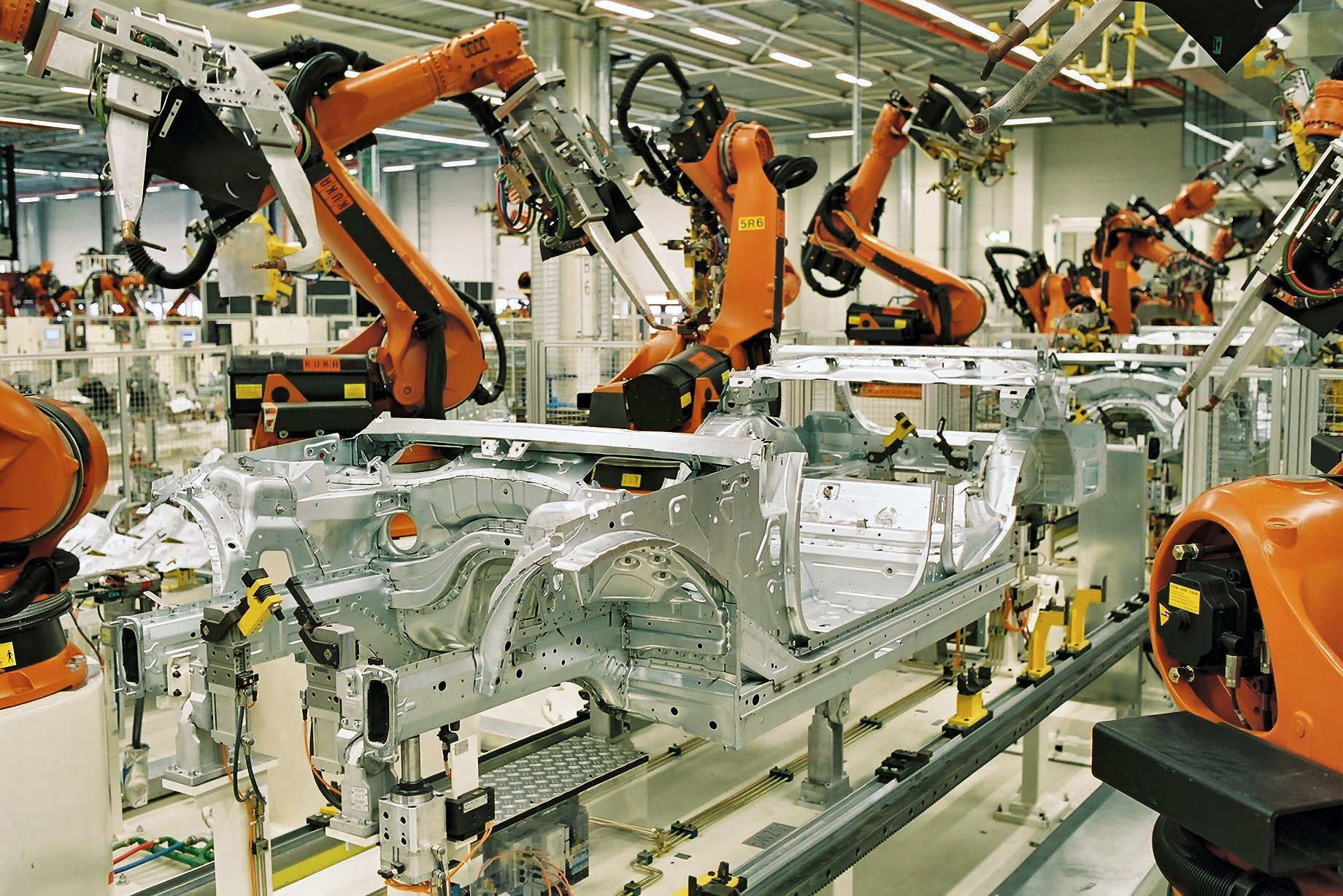For the majority of human history, humanity has been at work, whether it may be collecting wood for your band of hunter-gatherers, or working at a McDonald’s on weekends. As creative beings, humans have also continuously attempted to make their work easier or more productive, in other words, to innovate. With new ways of doing work being developed and replacing older ways, it can be seen that innovation also means destruction, which economists call “creative destruction”. Although creative destruction has occurred for as long as innovation has, it did not have a huge effect on the world until the Industrial Revolution.
Since the Industrial Revolution, technology has been evolving at an unprecedented rate, constantly changing our lives for better. However, economists have long worried about the time that technology will eventually take over human activity. An MIT study has proposed that this time has already begun as far back as 15 years ago. In the study, a chart that tracks productivity on one line and employment numbers on another line for the US economy shows that beginning from the end of World War II, the lines have been moving fairly close to each other. However, starting in the year 2000, a clear divergence of the two lines became apparent, with the gap still widening as of 2013. The authors of this study are confident that technology is behind the healthy growth in productivity and weak growth in employment levels.
Continuous development of technology will also affect some types of jobs more than others. For example, jobs with so-called “routine” tasks such as clerical work are much more likely to be replaced by technology than jobs that require a lot of flexibility or special communication that a robot would not be able to provide. Workers in industries that develop technology such as those employed in Silicon Valley are also much safer than workers in the manufacturing industry. Large companies such as Amazon have already caused the closure of many smaller retail chains.
The threat of technology taking over human jobs will loom over workers for many years to come. Workers in the fast-food industry are especially at risk of losing their jobs to robots. For example, Panera Bread has announced plans to replace its cashiers with self-order kiosks by 2016, while Applebee’s and Chilli’s have already replaced wait staff with tablets that allow customers to place orders. Technology, specifically the internet, has allowed users to download media such as movies, music and books. This has caused great losses for the music industry, book stores, and has completely wiped out video rental stores.
Fortunately, a study done by CareerBuilder shows that 68% of companies that have replaced works with some type of automation technology have also created new positions. However, the downside of this is that the new positions were unlikely to be filled by the employees whose positions were eliminated. Ironically, 35% of companies who replaced human beings with technologies ended up hiring the people back due to the technologies not working out in their workplace.
There are no signs that technology growth will slow down in the future. It may not yet be the case in the present, but perhaps in the future creative destruction may cause too much destruction.




